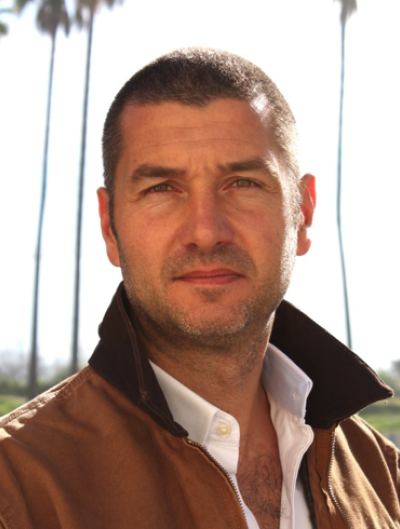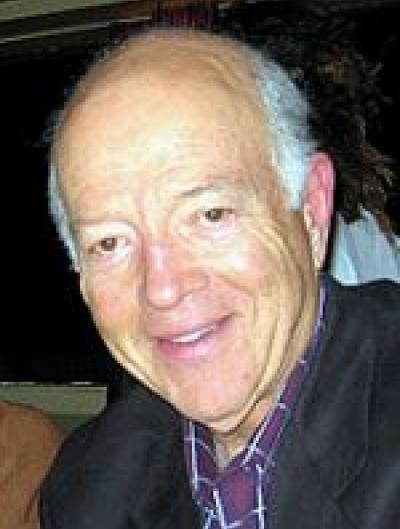Grand Challenge
Enable deep decarbonization and sustainability in energy, water, food, and materials through rigorous and policy-relevant analysis
Environmental sustainability and deep decarbonization requires deep energy efficiency measures. Energy is intricately linked to and embedded in water, food, and materials. Understanding these linkages through a system-level approach is critical to enable a transition to sustainability and deep decarbonization. Further, this transition requires not just an understanding of technical issues, but also social, environmental, economic, and political interactions. To rigorously quantify these interactions and their impacts, IEE researchers employ systems modeling, lifecycle analysis, and empirical research and provide key policy recommendations.
Research Areas
Food Energy Water nexus - Professor Robert Wilkinson identifies and quantifies the economic value for multiple benefits of competing policy options in integrated approaches to energy, water, food, and climate.
The 2035 Initiative: Political barriers to the clean energy transition - Professors Matto Mildenberger and Leah Stokes work to understand the political barriers to clean energy adoption, including public opinion, political behaviors, and the role of interest groups in shaping policies to support energy and environmental transitions.
Enabling low carbon transitions - Professor Ranjit Deshmukh identifies and evaluates technology and policy pathways for low carbon transitions of energy systems by developing and applying open-source models. His work also explores technology and policy options to enable energy efficiency and clean energy access for low income households in developing economies.
Quantifying energy requirements for water use - Professor Debra Perrone integrates water science and engineering optimization with regulatory information to identify legal, social, and political interventions successful in managing our water resources.
Decarbonizing industrial systems - Professor Eric Masanet identifies technology and policy pathways for decarbonizing industrial systems through energy efficiency, renewables integration, digitalization, materials efficiency, and emerging manufacturing processes, while quantifying the investments needed to enable these transitions. To do so, he develops and applies techno-economic systems models at regional and global scales.
Industrial Ecology and Life Cycle Assessment - Professor Sangwon Suh works to understand the technology-environment interface through the measurement of materials and energy exchanges between them and their impacts.















